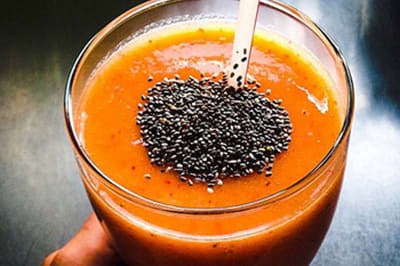KOLKATA: The city remained cloudy on Friday after an early morning drizzle in parts of Kolkata, which brought the mercury three notches below normal. A thundershower, however, eluded the city yet again with wind and light rain striking the neighbouring districts of
East Midnapore and South 24 Parganas.
Kolkata recorded a maximum temperature of 30.1°C on Friday, a drop of more than 4°C from Thursday’s 34.8°C. The city received 0.2 mm rain till 5.30pm on Friday.
Since Kolkata had recorded 37.5°C on Wednesday — the season’s highest so far — the drop has been more than 7°C over the last 48 hours. It could continue to remain cloudy with possibility of moderate rain or thundershower in Kolkata on Saturday. The maximum temperature, too, could remain a moderate 33°C to 36°C till March 22, predicted the
RMC.
An anti-cyclonic circulation over
Bay of Bengal injected moisture leading to the cloud formation, said the Regional Meteorological Centre. It triggered thundershowers in parts of south Bengal. “Since the moisture is still there, cloud formation could continue.
South Bengal, including Kolkata, could receive light rain over the next few days,” said an RMC official The sudden temperature fluctuation, however, could lead to change-of-season diseases, warned doctors. “Viruses like rota and adeno, which trigger gastro-enteritis, turn active when the mercury fluctuates like this. The influenza virus, too, thrives in these conditions and strikes more frequently. Children and the elderly are more vulnerable since they have lower immunity. Typically, these infections spread from schools, colleges, offices and public transport. So, it is important to use handkerchiefs and be careful about hand hygiene,” said microbiologist Irfaan Akhtar.
Those prone to allergic attacks were more vulnerable, said a senior consultant. “Due to the increased viral load, upper respiratory tract infections are common. Those prone to allergies are more likely to be struck by a virus,” he said. He added that rushing in and out of airconditioning was another triggering factor.
Cool drinks should be avoided during periods of temperature fluctuation, advised Debashish Saha, consultant at AMRI Hospital. “It leads to a temperature difference between the body and the environment, making you vulnerable to viral attacks. Children and those suffering from diseases like diabetes or kidney, liver, cardiac ailments should also be careful,” said Saha.






